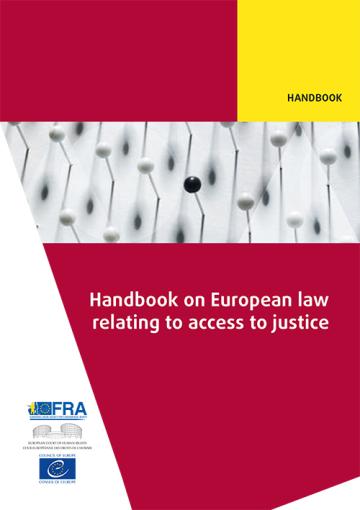Everyone within the jurisdiction of any of the Council of Europe’s 47 member states enjoys the protection of the European Convention on Human Rights (‘ECHR’, Article 1).
Entitlement to these protections arises when an individual encounters state authorities and comes under their effective control, regardless of whether that contact is within or outside of national territory.
Protection afforded by the ECHR includes the right not to be deprived of life (Article 2), the right not to be subjected to torture or other forms of ill-treatment (Article 3), the right not to be subjected to slavery or human trafficking (Article 4), the right not to be unlawfully or arbitrarily detained (Article 5), and the right to respect for private and family life (Article 8). Protocol No. 4 to the ECHR prohibits the collective expulsion of aliens (Article 4). The enjoyment of these rights must be secured without discrimination based on grounds such as sex, race, colour, language, religion, political or other opinion, national or social origin, association with a national minority, property, birth or other status (Article 14).
Where an individual has an arguable claim that a right under the ECHR or its Protocols has been breached, the ECHR stipulates that an effective remedy must be available (Article 13). States have an obligation to establish dedicated mechanisms for lodging administrative and judicial complaints through which migrants, asylum applicants and refugees can submit allegations of rights violations at borders. Where arguable complaints of violations of ECHR rights are made, states have a duty to conduct an effective investigation into those allegations.
In this note, the obligations stemming from the ECHR are presented together with the relevant European Union (EU) law standards, which flow, in particular, from Article 41 (right to good administration) and Article 47 (right to an effective remedy and to a fair trial) of the Charter of Fundamental Rights of the European Union (‘the Charter’). Practitioners in EU Member States should consult both European legal orders.







